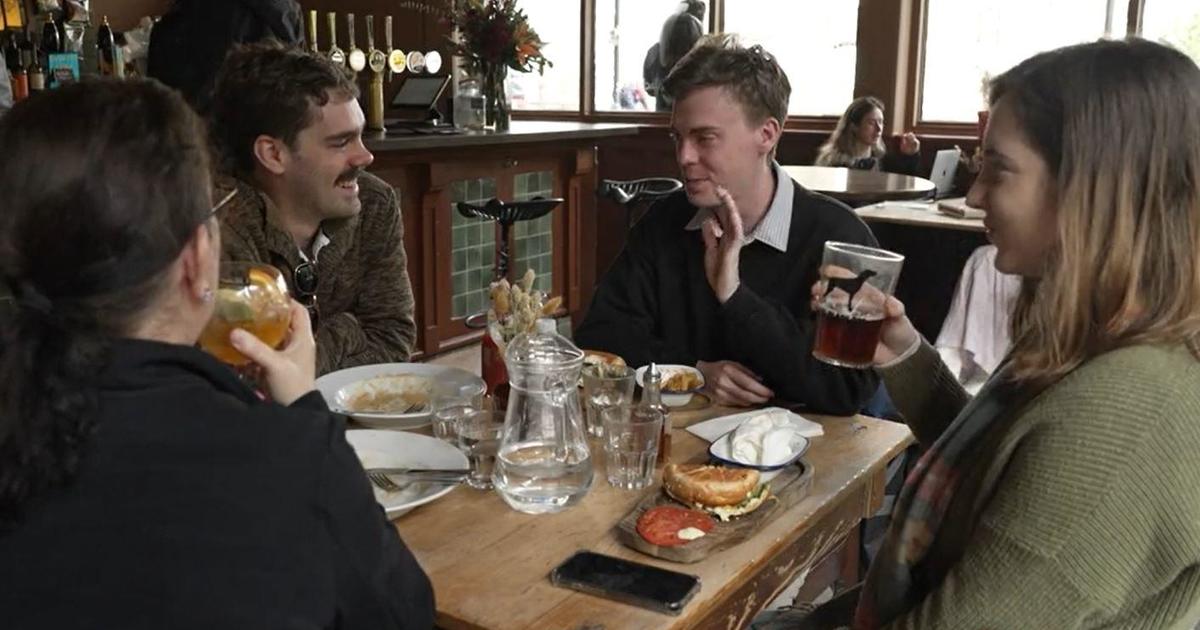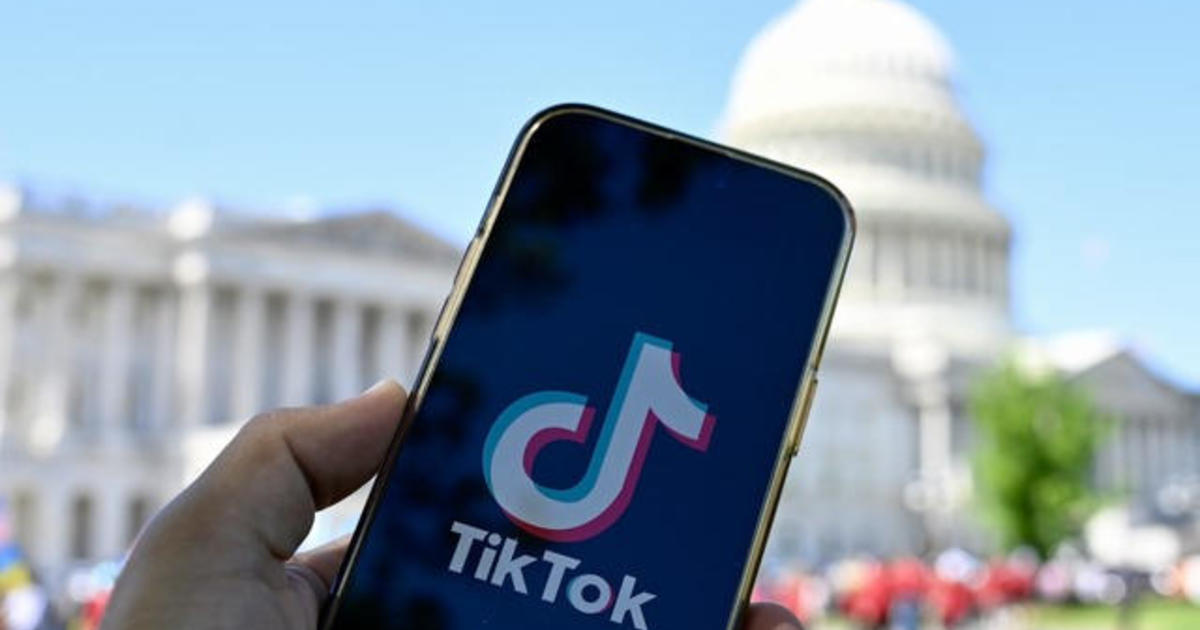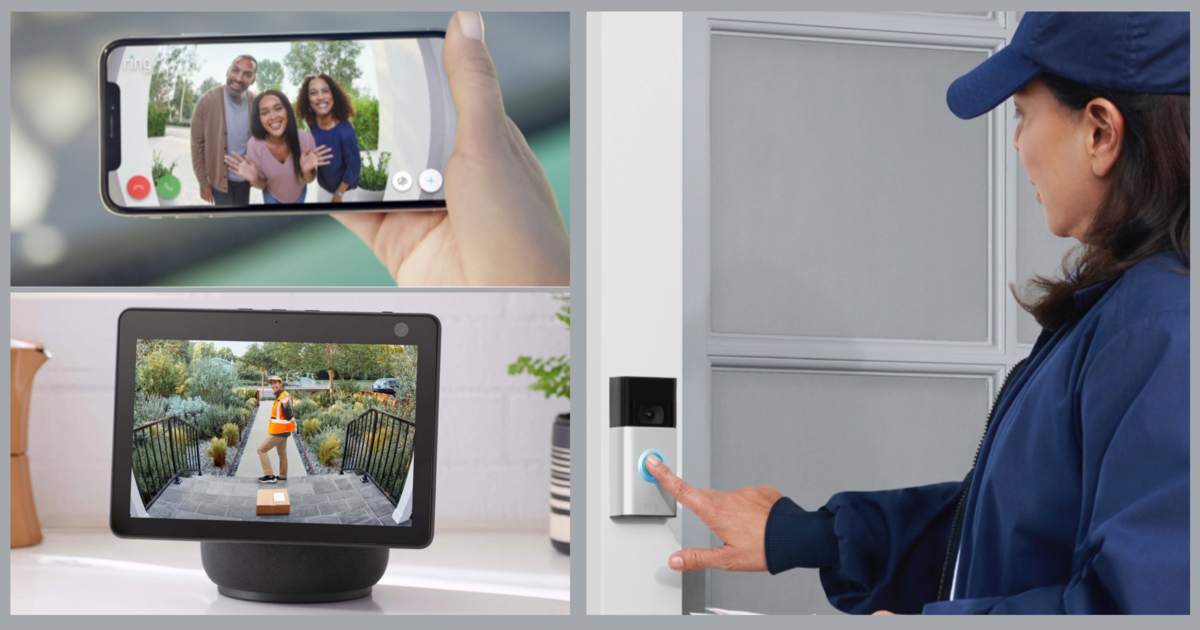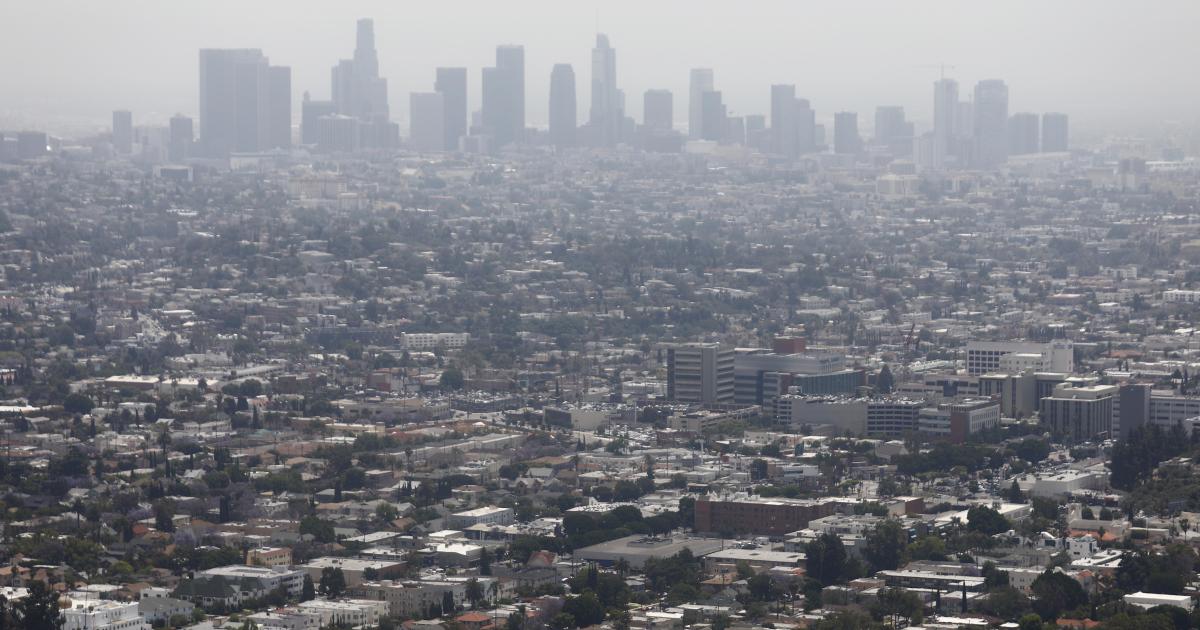Business owners of color faced greater challenges getting loans amid pandemic, report finds — even when they were a low credit risk
Eliuth Guzman's catering business was providing 1,000 lunches a week to downtown Chicago offices before COVID-19. It was a major victory for the business owner, who had been rejected for financing by banks numerous times leading up to 2019. She called past financing efforts "impossible."
Then, the pandemic hit. Guzman considered closing Latin Plate Catering & Events for good.
Supplying packaged meals for healthcare workers helped keep the business afloat. And while she did not seek private loans to keep her kitchen, she did apply for the federal Paycheck Protection Program, which offered loans to businesses affected by the pandemic that could be forgiven if the business kept workers on payroll. Initially, she did not get the funding. But with the help of Allies for Community Business, which provides capital and coaching to small business owners, she did eventually receive PPP money.
Guzman is one of millions of business owners who struggled to get by during the pandemic. But a new report shows businesses owned by people of color were more likely to reduce operations or temporarily close as well as report a decline in sales amid the pandemic. At the same time, minority-owned businesses faced greater challenges receiving help.
The survey conducted by the Federal Reserve banks last fall found 93% of Asian-owned businesses, 86% of Black owned businesses and 85% of Latino owned businesses reported sale declines due to COVID-19 compared to 79% of White-owned businesses.
However, business owners of color were less likely to seek loans. More than 60% of businesses owned by people of color reported needing money but chose not to apply. The percentage among White-owned businesses was lower: 44%. And among those who did not apply, a greater percentage said they believed they would be turned down than White business owners.
At the same time, Black and Latino business owners were less than half as likely to be fully approved for private loans than White business owners, even in the same low credit risk category. The report found Black- and Latino-owned businesses considered low risk were approved for full private loans at nearly the same rate as high to medium credit risk White-owned businesses.
"Oftentimes if you're talking about a small business owner, the value of collateral is largely the personal assets of a small business owner because the small business almost by definition has relatively little physical assets that can be pledged," said Brad McConnell, CEO of the Chicago-based Allies for Community Business. "Because that's true, we then have to look at what are the differences for two completely equal credit risks, one who happens to operate and live in and therefore has personal assets in a long underserved community, and another who has the exact same credit profile otherwise but happens to be living and operating in a very well served area."
McConnell said Chicago is a perfect example of this, where a house in the predominantly White North side is worth more than a home in the West side when it comes to collateral.
The report found Black business owners were more likely to use personal funds and to borrow money from a spouse, family or friends than any other group. Black business owners were also more likely to work a second job than any other group.
For those who did apply for loans, 46% received none of the financing they applied for, the largest amount of any group, even as Black-owned businesses on average completed more applications than others —15% filled out six or more applications.
When the pandemic hit, only 43% of Black business owners received all the Paycheck Protection Program funding they sought, the lowest share of any group. At the time the report was conducted last year, 1 in 5 Black-owned businesses that applied for PPP received nothing, a higher proportion than any other group.
One person who sought and received some pandemic-related assistance was Harold Alexander, CEO of Underground App in Atlanta, a social media platform that connects emerging artists with fans. He got $1,400 through the Paycheck Protection Program and admitted he wasn't even expecting that.
According to him, there is a good deal of mistrust in his community for anyone saying the government is going to provide loans. He did so but only through the bank he already had a relationship with and trusted.
In January, the rollout of a new round of PPP relief was more targeted to help reach minority-owned and smaller businesses. In February, the Biden administration announced additional changes to the program in an effort to provide more equitable access. While grateful for the administration's efforts, McConnell said it hasn't been enough.
"If you're using the underlying structure which was fundamentally designed for a 30, 50, 75 person organization which has a payroll system, and therefore can generate the payroll, the taxes, the things that are necessary to comply with the requirements, and you're applying that to the usual small businesses that we often see, and are the vitality of our communities," said McConnell, "You're trying to retrofit a program that just doesn't work particularly well for communities that we really are about."
Despite the obstacles, Guzman remains hopeful. Last fall, with catering down, she opened a cafe. And as for the catering, she's optimistic.
"It's going to take time, definitely," she said. Even getting back at least 40% or 50% of the business, she said, "would be great."



